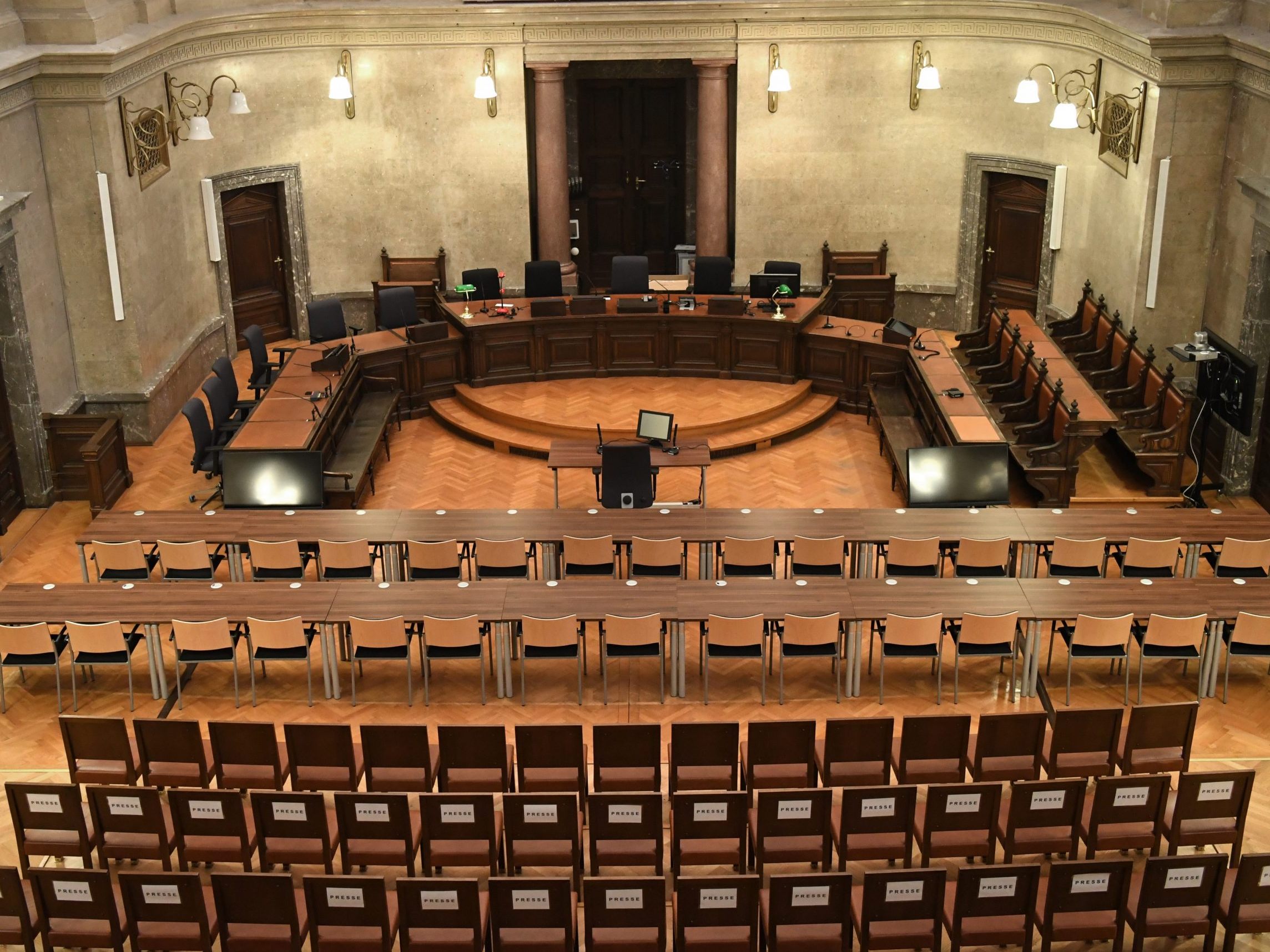"Biggest Hawala Office in Austria": Trial Started in Vienna

The prosecutor said this at the beginning of the trial against two brothers and the second wife of the older defendant, who had operated a venue in Vienna-Ottakring until their arrests. The trio, originally from Syria, is said to have primarily earned money through the Hawala payment system.
Through the venue, payments for hundreds of smuggler trips are said to have been processed from August 2021 to the end of March 2024 using the traditional system common in the Arab world. The 41-year-old, outwardly the manager of the venue, was "the boss," said the prosecutor. The prosecutor described the brother, four years younger, and the 45-year-old second wife of the Syrian as each being "the right hand of the first defendant." The three had "operated smuggling on a very, very large scale." In the first quarter of the previous year alone, money couriers employed by them "transported several million euros in cash on 21 trips," with some of the money being stashed in the 45-year-old's residence in Vienna-Floridsdorf, revealed the prosecutor.
Defendants not admitting to smuggling
The defendants pleaded "not guilty" to smuggling. "The public prosecutor's office has set itself the goal of bringing down the Hawala system," said the defense attorney of the main defendant. This international payment system operates outside the organized banking system "similarly to Western Union transfers": a client makes a cash deposit for a fee to a so-called Hawaladar, who receives the cash and involves a second Hawaladar abroad. The recipient can collect the money there with the code. The two Hawaladars each charge a fee for their services.
They claimed not to have known that the transactions were payment movements for smuggler trips, assured the defendants. Defense attorney Andreas Reichenbach, representing the younger brother, pointed out that the defendants had been under investigation for years. The investigations had been repeatedly closed, "because no criminal behavior could be determined. That's why they continued it."
"Torture" of a money courier also subject of proceedings
In addition to smuggling, the trial also involves charges of rape, serious bodily harm, and coercion. The three defendants are accused of having taken a money courier to task after he was supposed to deliver 355,000 euros from Germany to Vienna at the 45-year-old woman's house on March 5, 2024. However, the man was robbed by two unknown perpetrators on the A22 near Stockerau. These individuals allegedly stopped the courier on the highway and took the money from him by threatening him with a knife and a pistol, as the prosecutor explained.
When the courier arrived empty-handed in Floridsdorf around midnight, the defendants did not believe his story about the robbery. They then allegedly "engaged in actions that could be described as torture," said the prosecutor. To force him to confess that he had embezzled the money and to reveal its hiding place, the brothers initially punched him in the face. The woman then fetched a leather belt with which the man was mistreated. Afterward, he was partially undressed, and the brothers are said to have tortured him in a manner that, from the prosecution's perspective, constituted rape.
Because he continued to insist on the robbery version, the 45-year-old woman allegedly fetched a pair of garden shears to "pull out his toenails," the prosecutor described: "This did not succeed because the victim resisted so much." In the end, the man's car was taken from him "as a preliminary debt settlement," and he was warned not to go to the police, otherwise his children would be killed.
Accused Brothers Admitted to "Beating"
While the 45-year-old woman denied any involvement in the courier's ordeal, the men admitted to "massive acts of violence." They did not believe the victim's "robber's story," said a defense attorney. They gave him "a beating." However, the incriminated rape and the incident with the garden shears did not take place.
The trial was adjourned to the coming Wednesday. Verdicts are expected no earlier than July.
(APA/Red)
This article has been automatically translated, read the original article here.





